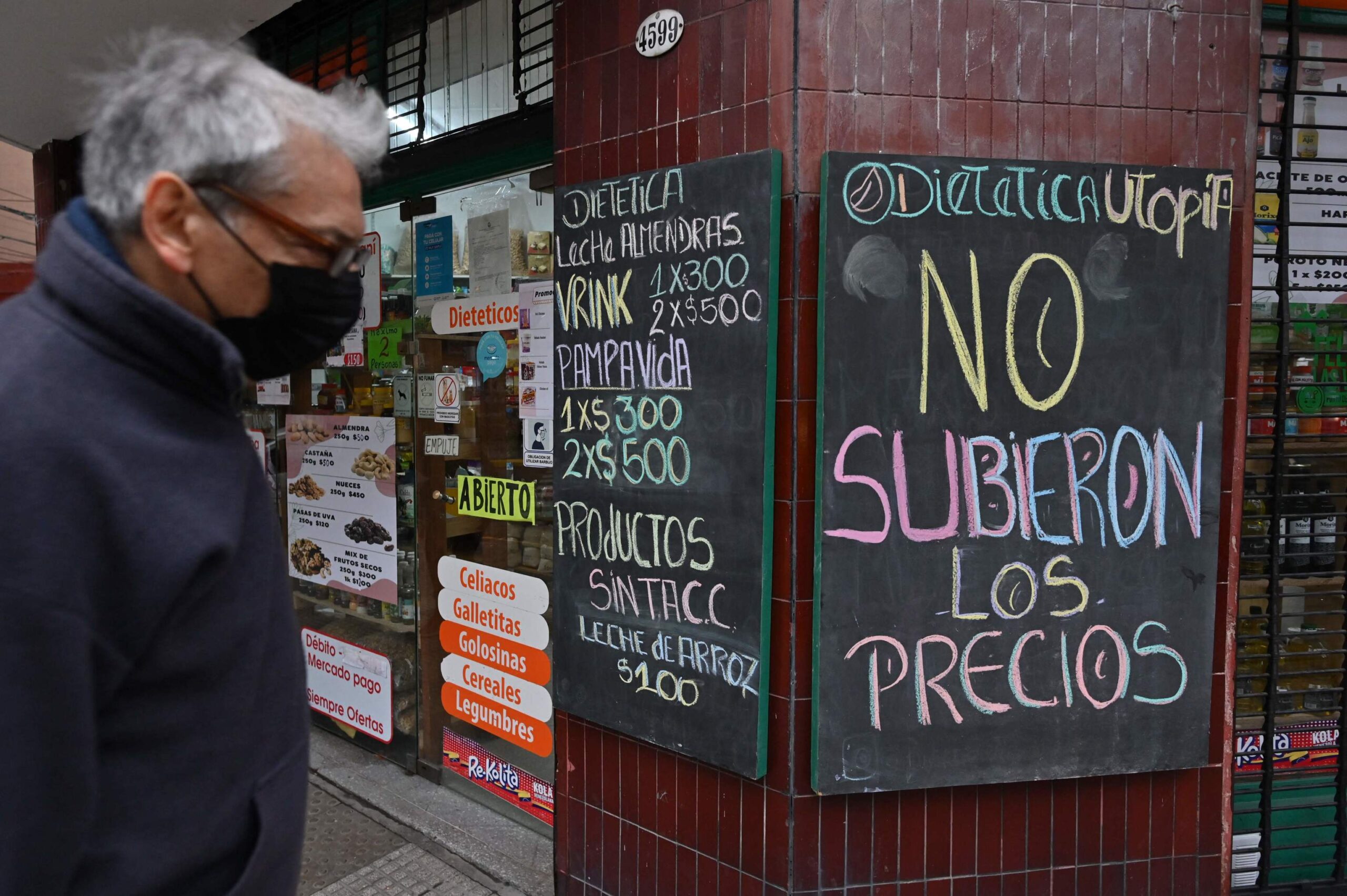In just three months, the sharp rise in global inflation has pushed some 71 million people living in developing countries into poverty, according to an analysis released today by the United Nations Development Program (UNDP).
Rising prices, especially for food and energy and linked in part to the war in Ukraine, have triggered “a cost-of-living crisis unprecedented in recent memory” that is having a “devastating impact” on households. poorest, says this UN agency.
“The impact on poverty rates is drastically faster than the shock of the covid-19 pandemic,” said UNDP administrator Achim Steiner at a press conference to launch the report.
The analysis, which studies the situation in 159 countries, points out that the crisis is making itself felt especially in certain regions: the Balkans, the Caspian Sea area and sub-Saharan Africa, especially in the Sahel.
According to the UNDP, the combination of inflation, a complicated fiscal situation for many countries after the efforts of the pandemic and the increase in interest rates means that many states need international support to contain this crisis.
In addition, the risk of a global recession could further aggravate poverty around the world, the report added.
To curb the increase in poverty, the UNDP defends the use of direct money transfers to the most vulnerable families as the most effective tool, while warning against the energy subsidies that many governments are betting on.
“While blanket energy subsidies may help in the short term, in the long term they drive inequality, further exacerbate the climate crisis, and don’t soften the immediate blow of rising costs of living as much as targeted cash transfers do.” , the author of the report, George Gray Molina, said in a statement.
According to this expert, these subsidies applied to compensate for the increases in oil and gas are “a patch” that offers some immediate relief, but can end up being harmful in the long term.
The UNDP report highlights that these energy subsidies disproportionately benefit the richest, while direct aid is much better at supporting those who really need it.
Conforms to The Trust Project criteria
















